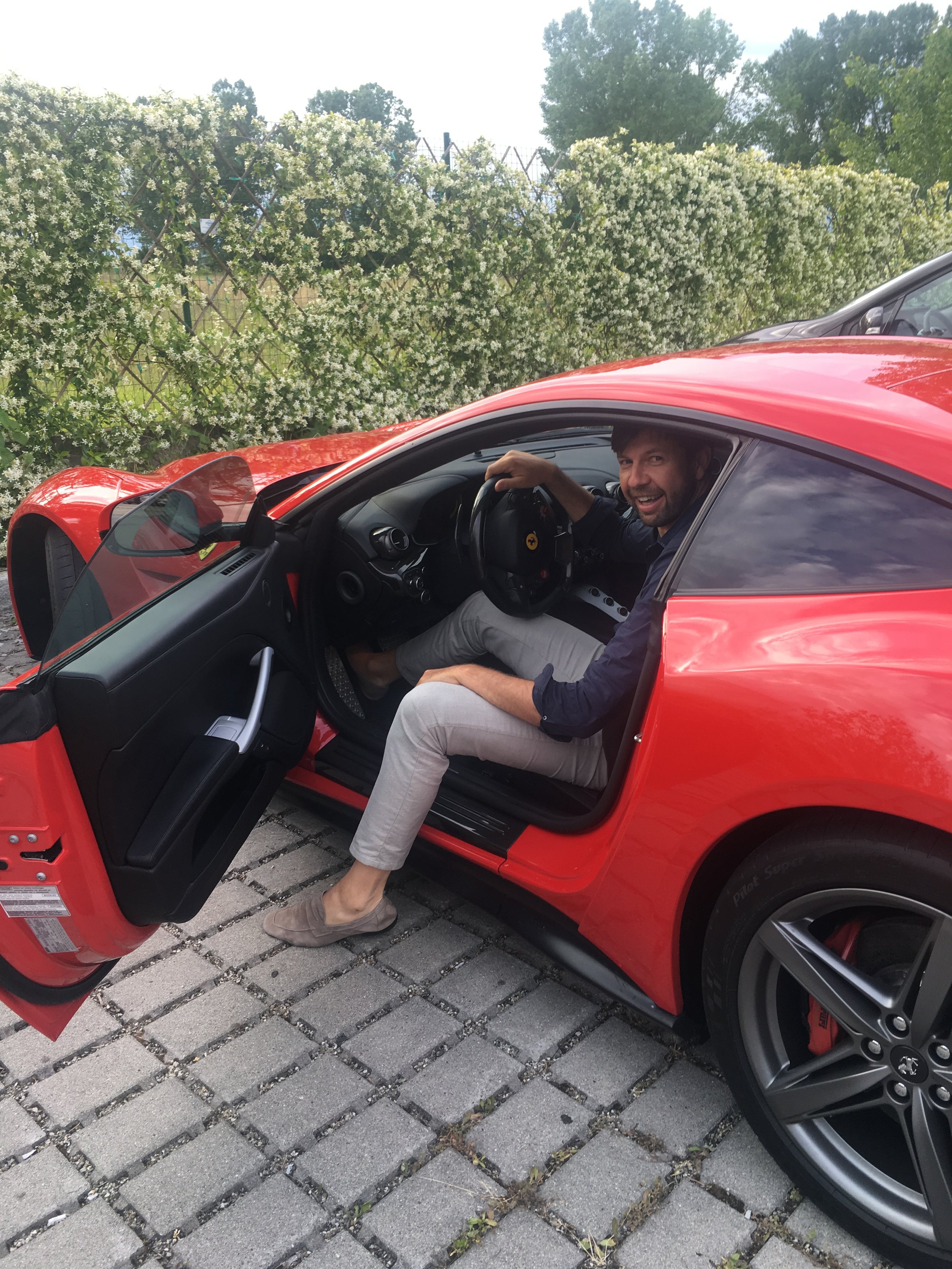I'm a blunt man, so I'll say this straight: no fluff, no filters—this is going to land like a blow to the gut: I made my fortune with brains and balls.
There’s this myth floating around that if you see a guy who’s financially free, he must have been lucky, inherited a fortune, or cheated his way up. Let me set the record straight: I didn’t win the lottery, I’m rich because I used my brain and my balls. Nothing more, nothing less.
“I failed. Again and again. Then I succeeded.
For just one reason: I absolutely fucking refuse to give up. ”
No one handed me a golden ticket. I started from the very scratch, just think that at 27 yeras old I was broke and sleeping on a friend’s basement sofa with over $200.000 in debt, and I climbed from rock bottom to achieve financial freedom.
And YOU SHOULD DO THE SAME.
I earned my financial freedom by making smart decisions, taking risks, and never letting fear dictate my moves. That’s what separates the ones who make it from the ones who don’t.
Let me be clear on it: I failed 80% of the time (this Pareto was so right). I started four businesses (FOUR!!!) in a row, and all of them failed. I kept going, refining my strategy, and pushing forward. Success didn’t come because I never failed; it came because I never quit.
Most people are too comfortable. They follow the script: school, job, mortgage, retirement—then die. Is this life? Do not follow the herd! I tore up that script a long time ago when I realized nobody got rich on a salary.
I built multiple income streams—rental properties, stocks, options trading, dividends, and business investments—because I saw early on that a single source of income is financial suicide. While others were saving for a retirement they might never enjoy, I was setting up a system where my money never stopped growing. Some deals didn’t work out, but the ones that did paid for my lifestyle. Because I understood something most don’t: the biggest risk is doing nothing.
“The goal is to retire at 40 with cash-flowing assets.
Not 65 with a pension.”
This wasn’t just about knowledge; it was about having the balls to take action and risk.
Too many people are scared to take risks but risk Is the price of freedom. They’re afraid of losing money, looking stupid, or failing. I was part of that club too. Then I resigned, and I took my road.
I’ve lost money. A lot, millions. I’ve looked stupid. I’ve failed. Many times.
And guess what? I got back up. Every. Single. Time.
And now I don’t give a dime on other people opinions, they go work every day to pay bills why I enjoy my incredible, beautiful, fulfilled life.
And you should do the same.
The truth is, if you want financial freedom, you have to embrace risk. You need to invest when others hesitate. You need to make moves when others sit still. Playing it safe never made anyone rich.
Sacrifice Now, Win Later.
People want to be financially free, but they don’t want to do what it takes. They want the rewards without the grind.
I didn’t start with a lavish lifestyle. I cut unnecessary expenses, reinvested my earnings, and lived below my means when I had to. While others were financing cars and blowing cash on things that didn’t matter, I was building a financial machine. I bought my sports cars later, cash, while others were still paying off their station wagons. I retired at 43, healthy, wealthy and happy. Ready to enjoy my life with so much energy.
My mom told me “you’re a loser” when I was 25. She was wrong.
Now is your turn: Excuses Don’t Pay the Bills.
Some will read this and roll their eyes. “Not everyone can do that”, “I don’t have the time”, “It’s too risky”, “you’re just lucky”…
I call bullshit.
The truth is, most people don’t want to put in the work or take the risks. They say YES to distractions instead of move their asses. It’s easier to blame the system, the economy, the government, or some imaginary force holding them back. But no one is coming to save you. You either figure it out, or you don’t. In the end, is just your life.
If you’re still making excuses, enjoy your 9-to-5.















